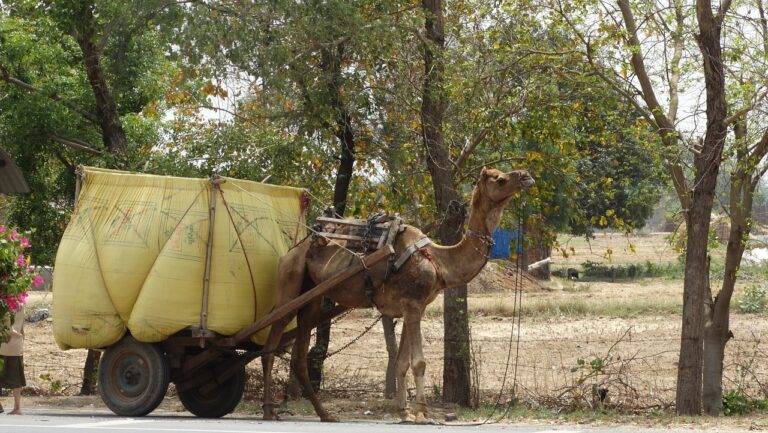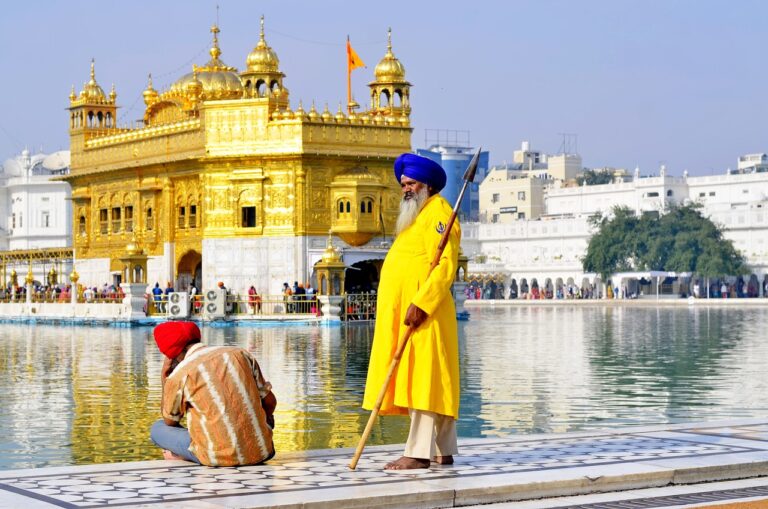Ethics of Campaign Finance and Political Donations
The world of politics has long been intertwined with the influence of money. From funding campaigns to lobbying efforts, money has the power to shape the political landscape. Candidates often rely on financial contributions to run successful campaigns, leading to concerns about the influence of wealthy donors and corporations on political decision-making.
The prevalence of money in politics raises questions about the fairness and integrity of the democratic process. Some argue that the disproportionate influence of money undermines the principle of equal representation, giving undue power to those with the means to financially support candidates and causes. As a result, there have been ongoing debates about campaign finance reform and efforts to address the perceived corrupting influence of money in politics.
• Money plays a significant role in funding political campaigns
• Wealthy donors and corporations can have a disproportionate influence on political decision-making
• Concerns about fairness and integrity of the democratic process arise due to the influence of money
• Debates surrounding campaign finance reform continue to address issues related to money in politics.
The Role of Super PACs in Campaign Finance
Super PACs, officially known as independent expenditure-only committees, have become a prominent player in campaign finance. These committees are allowed to raise and spend unlimited amounts of money to support or oppose political candidates, as long as they do not directly coordinate with the candidates’ campaigns. Consequently, Super PACs have the ability to influence elections significantly by flooding the airwaves with ads promoting their preferred candidates or attacking their opponents.
Due to their ability to accept unlimited donations and spend vast sums of money on political activities, Super PACs have sparked concerns about the influence of money in politics. Critics argue that these committees allow wealthy individuals, corporations, and special interest groups to wield disproportionate power in elections, potentially drowning out the voices of ordinary citizens. Furthermore, the anonymity of donors to Super PACs raises questions about transparency and accountability in the political process.
Legal Loopholes in Political Donations
The complexity of campaign finance laws has created opportunities for legal loopholes in political donations. These loopholes allow individuals and organizations to exploit gaps in regulations and circumvent contribution limits, thereby influencing elections and policy agendas. One common loophole involves funneling donations through multiple entities to disguise the original source of the funds, obscuring transparency and accountability in the electoral process.
Another loophole arises from the lack of strict enforcement mechanisms, enabling donors to evade disclosure requirements and evade scrutiny. As a result, large sums of money can flow into political campaigns from undisclosed sources, undermining the principle of fair and transparent elections. These legal loopholes in political donations raise concerns about the integrity of the democratic process and the influence of money in shaping political outcomes.
What is the influence of money in politics?
Money plays a significant role in politics as it can be used to fund campaigns, advertisements, and other activities that help candidates gain visibility and support.
What are Super PACs and how do they impact campaign finance?
Super PACs are political action committees that can raise unlimited amounts of money from corporations, unions, and individuals to support or oppose political candidates. They have a significant impact on campaign finance by allowing wealthy donors to have a disproportionate influence on elections.
What are some examples of legal loopholes in political donations?
Some legal loopholes in political donations include the ability of individuals to donate unlimited amounts to Super PACs, the use of dark money to hide the true source of campaign funds, and the lack of transparency in disclosing donors.
How do legal loopholes in political donations affect the democratic process?
Legal loopholes in political donations can undermine the democratic process by allowing wealthy individuals and special interest groups to exert undue influence on elections and policy making. This can lead to a system where the voices of average citizens are drowned out by big money interests.







